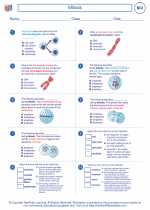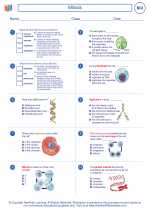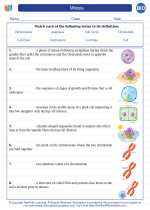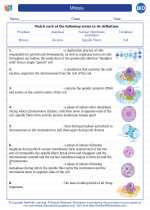Endocrinology
Endocrinology is the study of the endocrine system, which is a network of glands that secrete hormones to regulate various bodily functions. The endocrine system plays a crucial role in maintaining homeostasis and influencing growth, development, metabolism, and reproduction.
Key Concepts in Endocrinology
- Endocrine Glands: These are specialized organs that produce and release hormones directly into the bloodstream. Examples include the pituitary gland, thyroid gland, adrenal glands, pancreas, and ovaries/testes.
- Hormones: These are chemical messengers produced by the endocrine glands that travel through the bloodstream to target cells or organs, where they exert their effects.
- Feedback Mechanisms: The endocrine system uses feedback loops to regulate hormone levels. Negative feedback helps maintain stability, while positive feedback can amplify hormonal responses in certain situations.
- Endocrine Disorders: Imbalances in hormone levels can lead to various disorders, such as diabetes, thyroid dysfunction, adrenal insufficiency, and reproductive disorders.
- Regulation of Metabolism: Hormones such as insulin, glucagon, thyroid hormones, and cortisol play key roles in regulating metabolism, energy balance, and nutrient utilization.
- Reproductive Endocrinology: Hormones such as estrogen, progesterone, and testosterone are essential for reproductive function, including the menstrual cycle, pregnancy, and sexual development.
Study Guide
To effectively study endocrinology, it's important to focus on understanding the following key areas:
- Learn the major endocrine glands, their locations, and the hormones they produce.
- Understand the mechanisms of hormone action, including receptor binding and signal transduction pathways.
- Explore the feedback loops involved in hormone regulation and how they maintain homeostasis.
- Study the role of hormones in specific physiological processes, such as metabolism, growth, and reproduction.
- Review common endocrine disorders, their causes, symptoms, and treatments.
- Consider the impact of environmental factors, stress, and lifestyle choices on endocrine function.
Additional Resources
For further learning, you may want to explore textbooks, scientific journals, and online resources dedicated to endocrinology. Additionally, seeking out educational videos, interactive animations, and case studies can enhance your understanding of this complex yet fascinating field of study.
By mastering the principles of endocrinology, you'll gain insight into the intricate hormonal regulation of the human body and its significance in health and disease.
.◂Biology Worksheets and Study Guides High School. Mitosis

 Worksheet/Answer key
Worksheet/Answer key
 Vocabulary/Answer key
Vocabulary/Answer key
 Vocabulary/Answer key
Vocabulary/Answer key
 Vocabulary/Answer key
Vocabulary/Answer key
